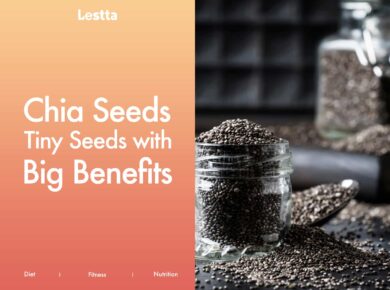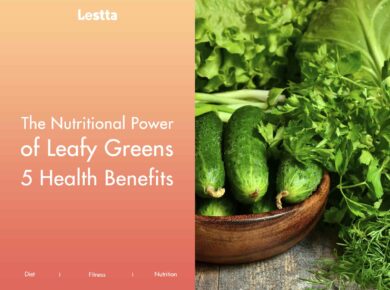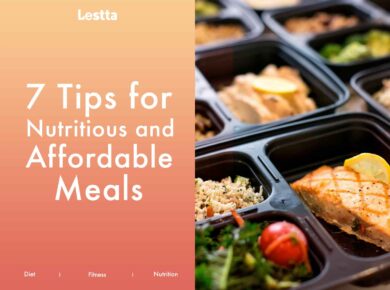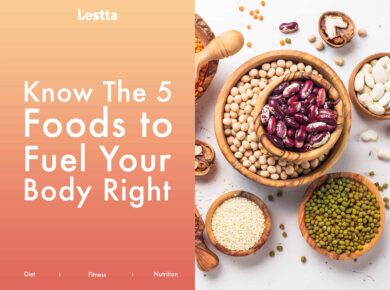
As we age, our bodies go through various changes, and we need to take extra care of ourselves to stay healthy and active. While there is no magic formula for aging gracefully, there are certain nutrition tips that can help you maintain a healthy and active lifestyle in your later years. In this article, we will discuss five top nutrition tips for aging gracefully.
1. Eat a balanced diet
Eating a balanced diet is essential for people of all ages, but it becomes even more critical as we age. A balanced diet includes a variety of foods from all food groups, such as fruits, vegetables, whole grains, lean proteins, and healthy fats. These foods provide essential nutrients that our bodies need to function correctly.
Incorporating more plant-based foods into your diet can be particularly beneficial as you age. Plant-based foods are high in antioxidants, vitamins, and minerals, which can help protect your cells from damage and reduce the risk of chronic diseases such as heart disease, diabetes, and cancer.
2. Stay hydrated
As we age, our bodies become less efficient at regulating fluids, and we are more prone to dehydration. Dehydration can lead to various health issues, such as urinary tract infections, constipation, and confusion.
To stay hydrated, it is recommended to drink at least eight glasses of water per day. You can also get fluids from other sources such as fruits, vegetables, and soups. Limit your intake of caffeinated and alcoholic beverages, as they can contribute to dehydration.
3. Focus on calcium and vitamin D
Calcium and vitamin D are essential nutrients for maintaining healthy bones and preventing osteoporosis, a condition that weakens bones and increases the risk of fractures. As we age, our bodies become less efficient at absorbing calcium, and we may need to increase our intake of calcium and vitamin D.
Good sources of calcium include dairy products, leafy green vegetables, and fortified foods such as orange juice and cereals. Vitamin D can be obtained from sunlight exposure, fatty fish, and fortified foods such as milk and cereal.
4. Limit processed foods and sugar
Processed foods and sugar can contribute to inflammation, which is linked to chronic diseases such as heart disease, diabetes, and cancer. As we age, our bodies become less efficient at fighting inflammation, making it even more important to limit our intake of processed foods and sugar.
Instead, focus on whole, nutrient-dense foods such as fruits, vegetables, whole grains, and lean proteins. These foods are naturally low in sugar and high in fiber, which can help regulate blood sugar levels and promote satiety.
5. Don’t forget about protein
Protein is essential for maintaining muscle mass and strength, which can decline as we age. Eating adequate amounts of protein can help preserve muscle mass and prevent muscle loss.
Good sources of protein include lean meats, poultry, fish, eggs, dairy products, beans, and legumes. Aim for at least two servings of protein per day, and spread your intake evenly throughout the day.
In conclusion, aging gracefully requires a combination of healthy habits, including a balanced diet, hydration, and a focus on essential nutrients such as calcium, vitamin D, and protein. By incorporating these nutrition tips into your daily routine, you can maintain a healthy and active lifestyle as you age.









